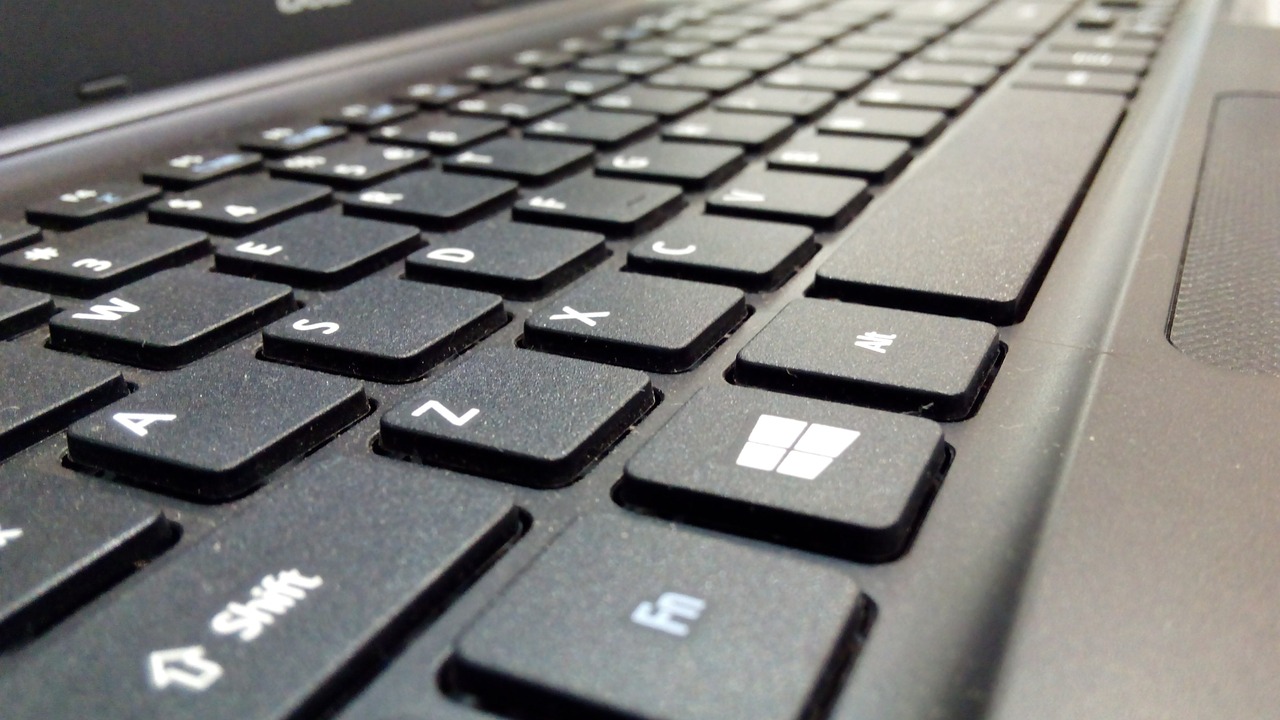
Everyone loves a shortcut, don’t they?
Windows has hundreds, if not thousands of shortcuts that you can use to make navigating the operating system quicker and easier, but a lot of them go unnoticed to the regular user.
Here are some of our favourite shortcuts for when you’re navigating around Windows and Windows Explorer.
- F1 Display Help
- Ctrl+C or Ctrl+Insert Copy the selected item
- Ctrl+X Cut the selected item
- Ctrl+V or Shift+Insert Paste the selected item
- Ctrl+Z Undo an action
- Ctrl+Y Redo an action
- Delete or Ctrl+D Delete the selected item and move it to the Recycle Bin
- Shift+Delete Delete the selected item without moving it to the Recycle Bin first
- F2 Rename the selected item
- Ctrl+Right Arrow Move the cursor to the beginning of the next word
- Ctrl+Left Arrow Move the cursor to the beginning of the previous word
- Ctrl+Down Arrow Move the cursor to the beginning of the next paragraph
- Ctrl+Up Arrow Move the cursor to the beginning of the previous paragraph
- Ctrl+Shift with an arrow key Select a block of text
- Shift with any arrow key Select more than one item in a window or on the desktop, or select text within a document
- Ctrl+A Select all items in a document or window
- F3 Search for a file or folder
- Alt+F4 Close the active item, or exit the active program
- Alt+Spacebar Open the shortcut menu for the active window
- Ctrl+F4 Close the active document (in programs that allow you to have multiple documents open simultaneously)
- Alt+Tab Switch between open items
- Ctrl+Alt+Tab Use the arrow keys to switch between open items
- Ctrl+Mouse scroll wheel Change the size of icons on the desktop
- Windows logo key +Tab Cycle through programs on the taskbar by using Aero Flip 3-D
- Ctrl+Windows logo key +Tab Use the arrow keys to cycle through programs on the taskbar by using Aero Flip 3-D
- Shift+F10 Display the shortcut menu for the selected item
- Ctrl+Esc or the Windows logo key Open the Start menu
- Right Arrow Open the next menu to the right, or open a submenu
- Left Arrow Open the next menu to the left, or close a submenu
- F5 or Ctrl+R Refresh the active window
- Alt+Up Arrow View the folder one level up in Windows Explorer
- Esc Cancel the current task
- Ctrl+Shift+Esc Open Task Manager
We’d love to know – what are your favourite shortcuts when using your computer or browsing the net?

